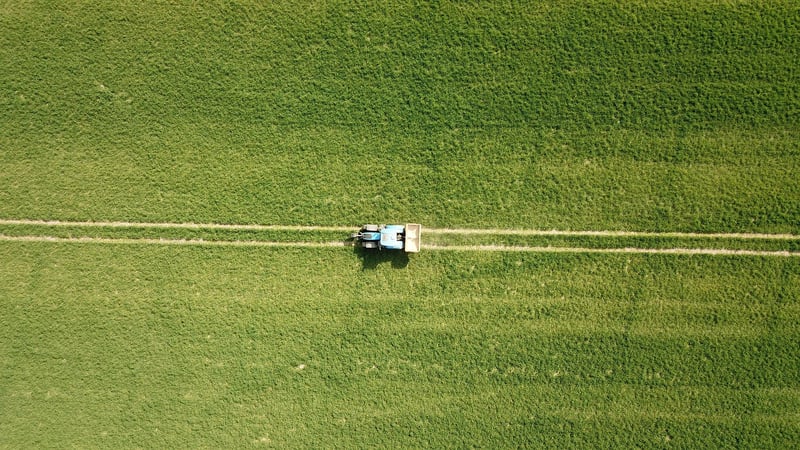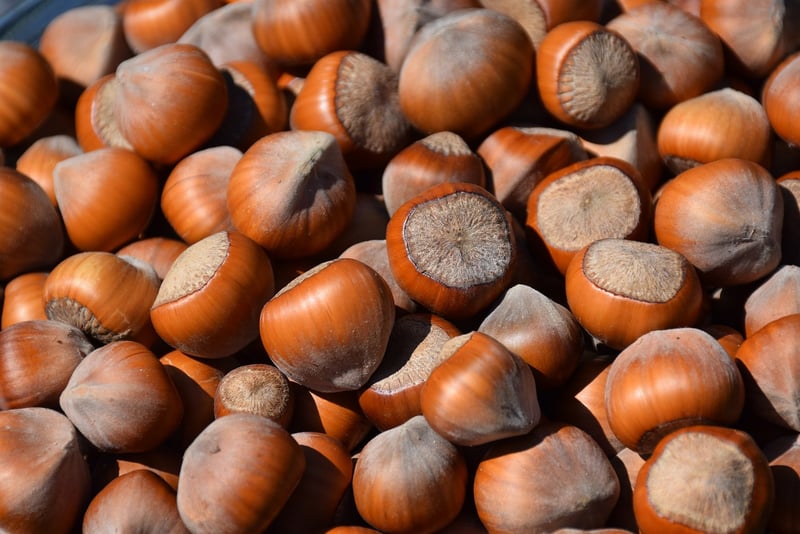Nutrient Deficiencies
Resolving Common Garden Problems and Nutrient Deficiencies
Introduction
Welcome to our guide on resolving common garden problems and nutrient deficiencies. A thriving garden requires proper care, attention, and nutrition to ensure healthy plant growth. In this article, we will discuss common issues gardeners face and how to address them effectively.
Common Garden Problems
1. Pests and Diseases: Identify common garden pests and diseases early to prevent widespread damage. Use natural remedies or organic pesticides to control infestations.
2. Weeds: Regular weeding is essential to prevent weeds from competing with your plants for nutrients and sunlight. Mulching can help suppress weed growth.
3. Overwatering or Underwatering: Proper watering is crucial for plant health. Ensure plants receive the right amount of water based on their specific needs.
4. Soil Quality: Test your soil for pH levels and nutrient deficiencies. Amend the soil with compost or fertilizers to provide essential nutrients for plant growth.
Nutrient Deficiencies
Plants require various nutrients to grow, and deficiencies can lead to stunted growth, yellowing leaves, and poor fruit development. Here are common nutrient deficiencies and their symptoms:
Nitrogen Deficiency
Symptoms: Yellowing leaves, stunted growth

Phosphorus Deficiency
Symptoms: Poor root development, dark green or purple leaves

Potassium Deficiency
Symptoms: Brown scorching on leaf edges, weak stems

Conclusion
By addressing common garden problems and nutrient deficiencies promptly, you can ensure your plants thrive and produce bountiful harvests. Remember to observe your garden regularly, provide proper care, and adjust nutrient levels as needed to create a healthy growing environment.
Happy gardening!
